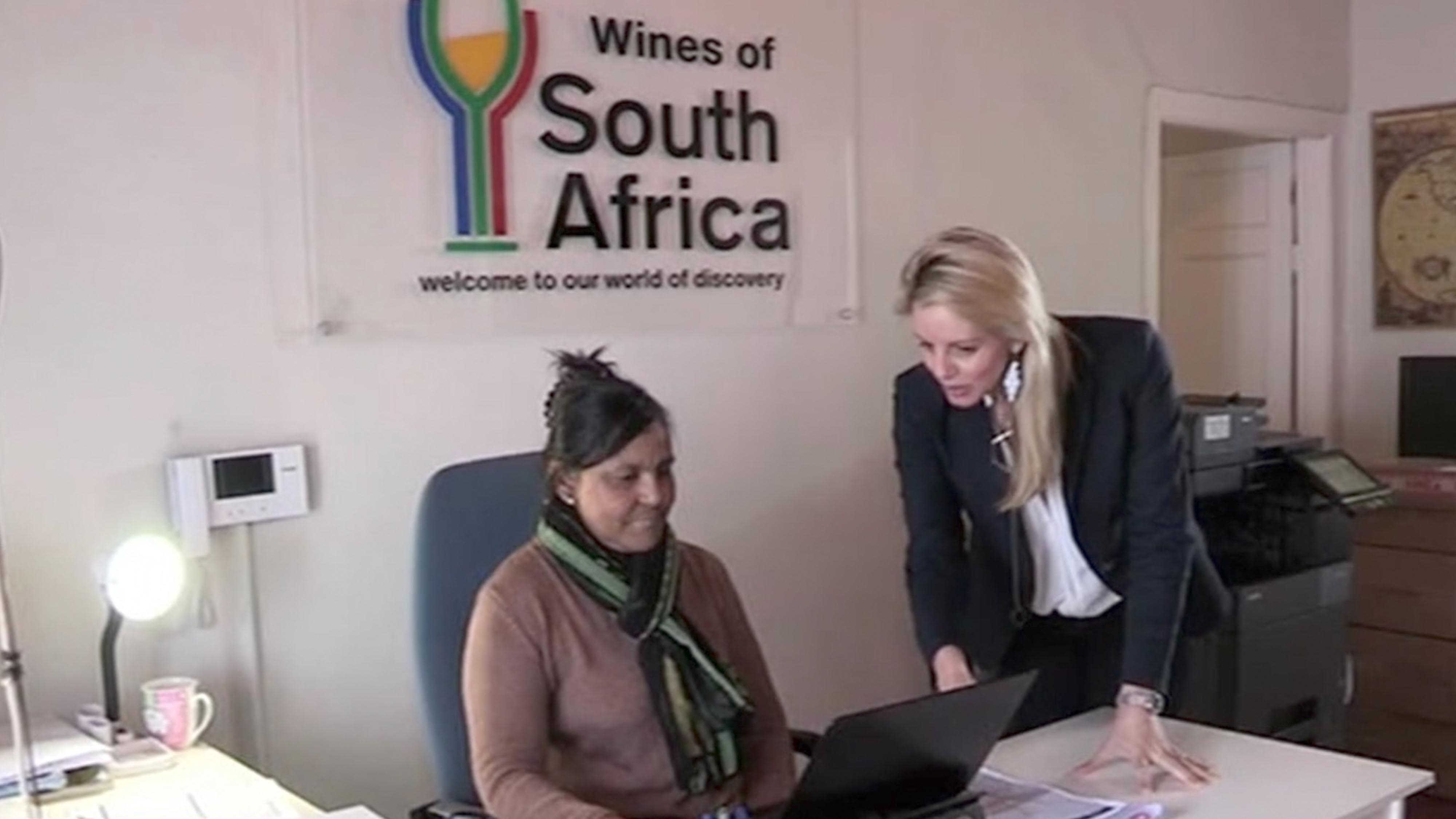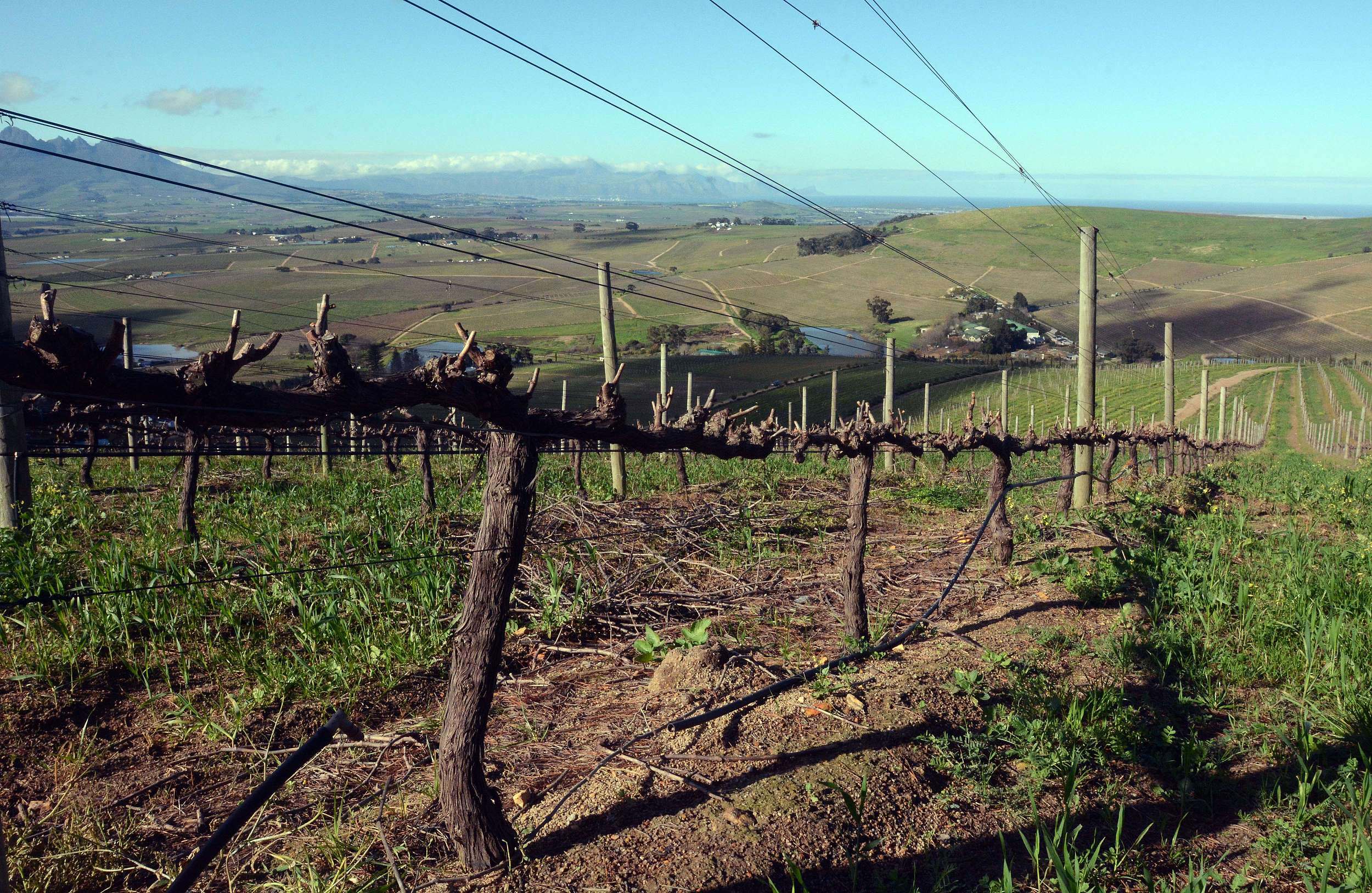
Business
14:49, 20-Oct-2018
China International Import Expo brings huge opportunities for SA wine industry
Updated
14:49, 29-Oct-2018
By CGTN's Travers Andrews
02:54

China International Import Expo (CIIE) is seen as a great platform for South African wine merchants who are eager to increase their market share in China.
South Africa's wine industry is facing many challenges. To say the least, its traditional market in Europe is proving a tough arena as local wine prices are being squeezed abroad. The agricultural industry is still in the midst of one of the region's worst droughts in over 100 years, so the sector is looking for growth and a path to sustainability.
The Chinese market, though, holds hope for many wineries, especially in the Western Cape, because China is the largest source of market in the world and increasing the footprint there can bring great benefits to local wine estates, some of which are hundreds of years old.

A vineyard in Stellembosch, some 50 km north of Cape Town. /VCG Photo
A vineyard in Stellembosch, some 50 km north of Cape Town. /VCG Photo
Groot Constantia is one of the oldest wine farms in the country. Its vineyards are hundreds of years old and are also heritage sites that attract many Chinese tourists.
Chinese tourists purchase many of the estates' wines and take them back home, thus making Groot Constantia wines in many ways an ambassador for South African wines.
South Africa is a guest of honor country at CIIE, and the delegation will be headed by South African Trade and Industry Minister Rob Davies, Wines of South Africa, who are charged with marketing local wines abroad.
They want to promote South African wine as a premium product, as good as old world wines of France, which do charge more due to that locked-in perception.
E-commerce has grown in China, resulting in more consumers purchasing wines online, and the local wineries in South Africa have noticed an increase in interest of their wines in China.
Many farmers, particularly in the Western Cape, have focused their entire marketing on gaining better access to the Chinese market. It represents the best growth prospects, and small gains into the Chinese market can be huge in terms of numbers.
South Africa is already the best-performing country out of the top ten wine exporters to China, on the percentage increase of its exported wines and the profits it receives due to a larger demand.
Labels such as Tall Horse and Boschendal are among wines found in China, and CIIE will provide a better base for more local wines to be seen and explored by Chinese importers.
The upcoming CIIE is generating excitement because it represents another stepping stone to sustainability, a better future and more premium wines being produced in South Africa as China is becoming South Africa's most important market for exported wines.

SITEMAP
Copyright © 2018 CGTN. Beijing ICP prepared NO.16065310-3
Copyright © 2018 CGTN. Beijing ICP prepared NO.16065310-3